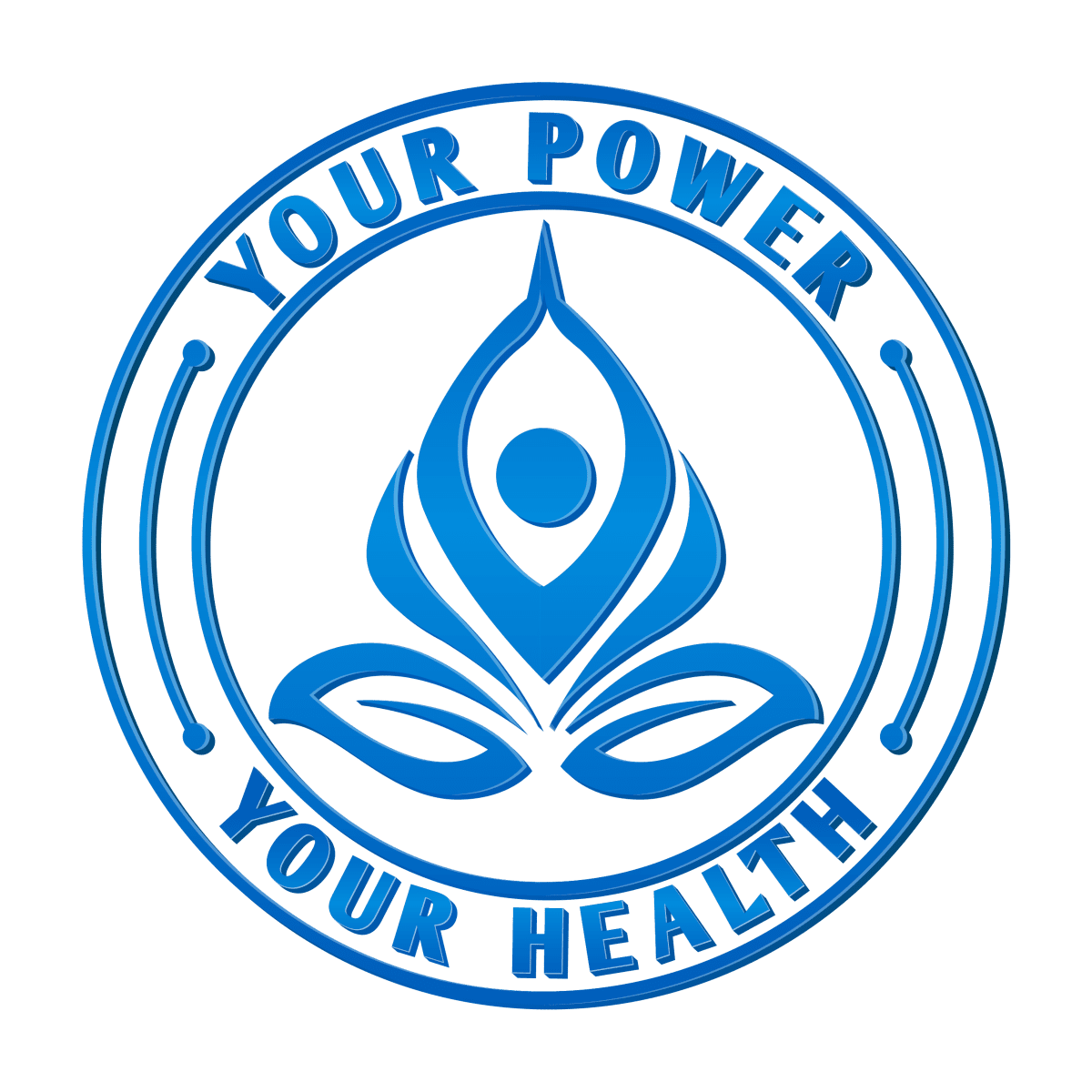Have you ever heard of neuroplasticity? Neuroplasticity is the brain’s ability to change throughout your life, based on your thoughts, behaviors and experiences. Your brain has an innate ability to develop new neural pathways throughout your entire life. In other words, your brain makes changes within itself in response to what is happening in your life. Even in the case of brain injury or illness, neuroplasticity allows the intact areas of the brain to compensate for some of the injured parts.
Scientists previously believed that the brain stopped developing in adolescence, which meant that any injury or damage that occurred later in life was irreversible. As it turns out, the brain is actually actively learning and changing throughout a person’s life.
How does it happen?
Neuroplastic change happens at three different levels that work together.
- Chemical – this occurs when you are learning something new. It mostly impacts short-term memory and short-term improvement of a motor skill
- Structural – this occurs when the neurons reroute themselves. It happens when you are developing a new habit and takes longer. The impact is mostly to long-term memory and long-term improvement of a motor skill
- Functional – this happens when entire networks in the brain change. As these networks are used repeatedly, they become more efficient when firing.
What can you do to improve your neuroplasticity?
The more activity the brain engages in, the more neuroplasticity you develop. There are exercises you can do to make the brain more malleable and more receptive to new information.
- learn a new language
- learn to navigate a new city – London cab drivers have been found to have more neuroplasticity than their bus driving counterparts because they aren’t following the same route day after day. They are finding their way around an elaborate network of streets throughout the city every day.
- stroke survivors can relearn activities that the damaged part of their brain controlled through repetitive practice of those activities
- visualization can activate neuroplasticity – Piano players are often able to visualize an entire concert and activate the same part of their brains without actually physically practicing.
- a regular mindfulness practice helps to improve attention, memory and emotional regulation by increasing the gray matter in the brain.
How do you do it?
- Challenge and novelty – learn something new that is challenging and not that easy. Pick something that is new to you like learning a new language or playing an instrument.
- Intention – what you are learning should have some relevance in your life. Neuroplasticity is more likely to occur when there is a reward for learning, like the good feeling you get when you accomplish something that is important to you.
- Specific attention – make sure you schedule in regular time to practice your new skill. What you focus on multiplies.
- Repetition and intensity – doing something once is not enough. You’re better off practicing for frequest, shorter bouts of time than one long period.
- Time – and I might add, patience. It takes time to make neuroplastic change in your brain. You have to overwrite old programming if you’re trying to replace an old habit with a new one. If you are learning a new behavior, new neural pathways are needed to anchor the new behavior. All of this new programming takes time.
Trying new things that are totally outside your comfort zone are a good way to develop neuroplasticity. Anytime you work on something new until you master the skill, you build new neural pathways. Keep looking for ways to challenge yourself to keep you brain malleable and stimulated. You’re never too old to learn something new.
As a health coach, I work with women who are facing serious health challenges like heart disease, metabolic syndrome and diabetes or who have been diagnosed as having a precursor to a serious health issue such as high blood pressure, high cholesterol or high blood sugar. I help them make food and lifestyle changes so they can get healthy, live longer and enjoy a fuller, happier, more energetic life. If you would like to have a free consultation about the health challenges you have and the improvements you would like to see in your health, click here to schedule a no strings attached call.






